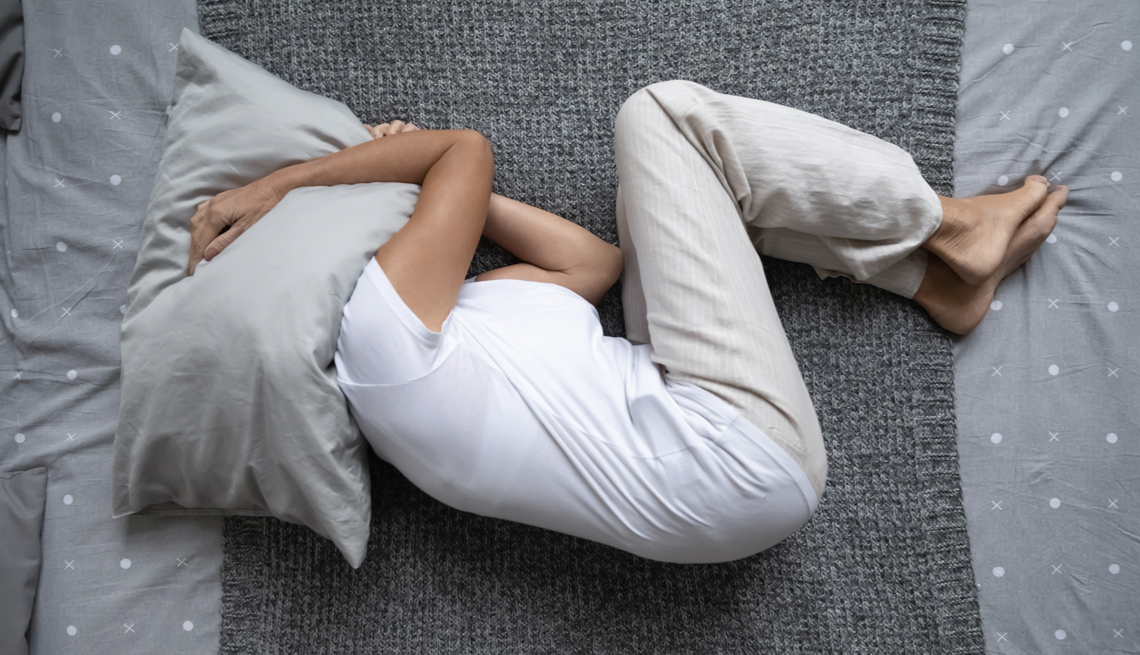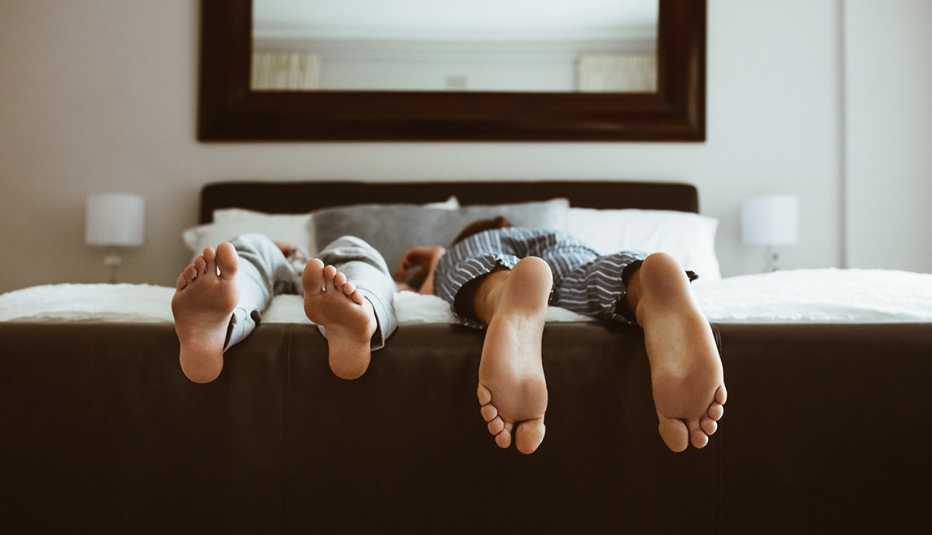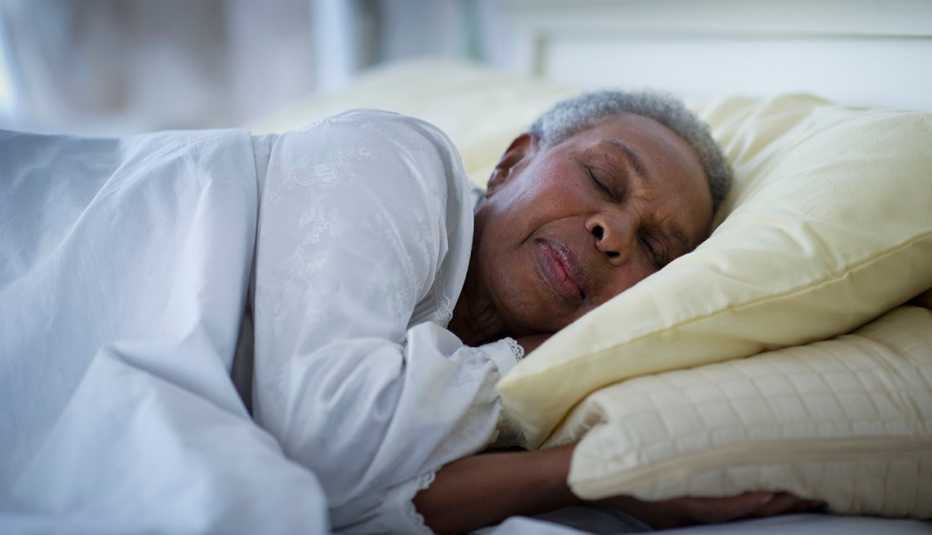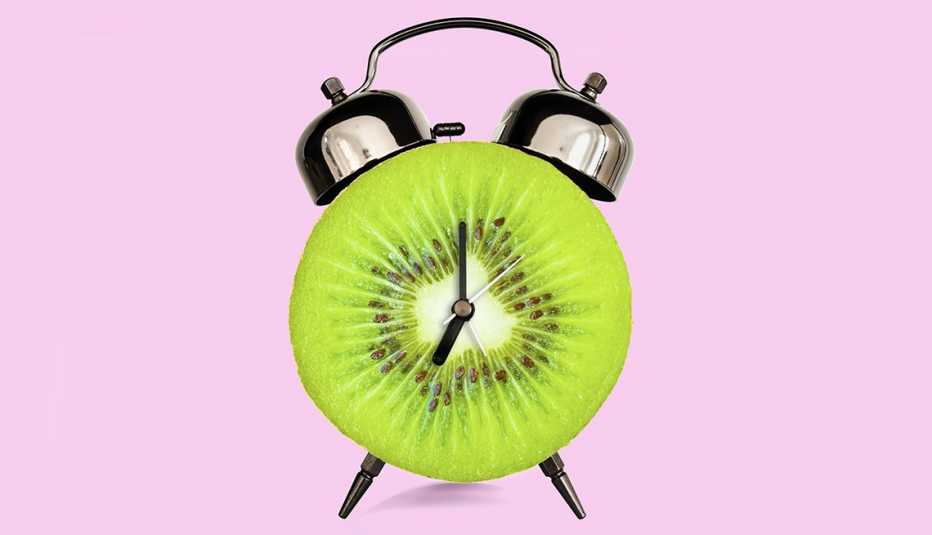AARP Hearing Center
“I live in fear of going to bed,” says Jenny Verdery, 55. She’s not afraid of the usual suspects like nightmares, critters or prowlers. She’s afraid of what often won’t visit her at night: sleep.
For the past few years, Verdery has frequently awakened in the middle of the night after dozing for two or three hours. Then she can’t fall back to sleep.
“It’s been devastating,” says Verdery, a yoga teacher in Washington, D.C. “It’s definitely kept me from feeling good.”
Her doctor thinks it might be related to menopause, but that hasn’t been confirmed. Meditation hasn’t helped, nor have yoga and breathing exercises.
About a third of Americans suffer from at least periodic insomnia, according to the American Academy of Sleep Medicine (AASM). In most cases, the sleep issues resolve on their own. But when insomnia lasts for a month or more, it’s considered a chronic condition that affects about 1 in 10 of us. For Verdery and others who sometimes struggle at night, the stress can create a sleep-disrupting cycle: Lying awake night after night creates anxiety about falling asleep, which exacerbates insomnia.
“This is something I see in almost all my patients with insomnia,” says Joshua Tal, a clinical sleep and health psychologist in New York City. Poor sleep is often a reaction to stress, he explains, and then the problem starts to spiral.
“If you have a couple of bad nights, then the first thing that happens is you start to worry, Will I sleep tonight? But if you’re worrying, then your body is going to keep you awake,” he says. “It’s thinking, Where’s the bear? But the bear is sleep itself. And so it becomes self-perpetuating.”
How age can trigger sleep anxiety
Just the simple fact of aging itself can start the wheels of anxiety in motion. “As you get older, you get multiple awakenings throughout the night,” which can lead to the anxiety-insomnia spiral, says Raj Dasgupta, M.D., an AASM fellow and spokesperson.
Age-related reasons for sleep disruptions can include menopausal hormone shifts associated with discomfort or restlessness; prostate issues for men that lead to more frequent trips to the bathroom; pain from chronic conditions, which can be more common in our later years; and certain medications that can cause sleep problems, such as high-blood-pressure meds (including beta-blockers) and antidepressants. Your health provider will also want to rule out apnea, a condition in which breathing stops or is constricted briefly as you sleep.








































































